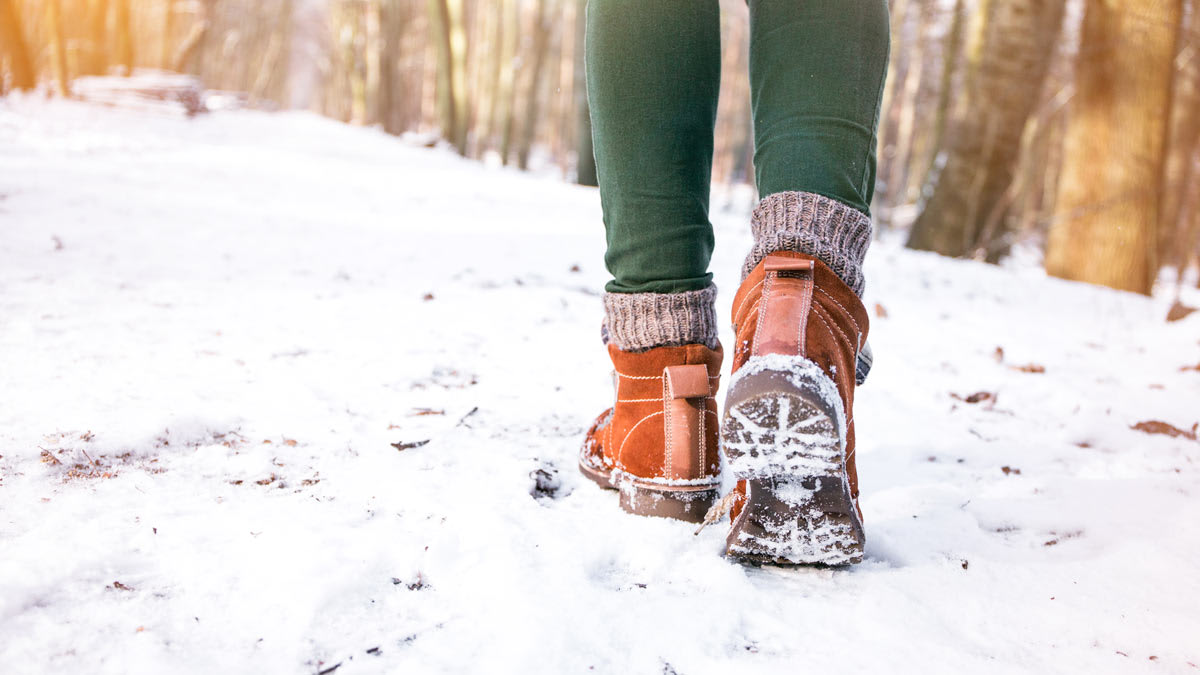Dress right. Wear loose layers of clothing. Tight garments can impair your circulation, says Sharon Brangman, MD, chief of geriatrics at SUNY Upstate Medical University in Syracuse, N.Y. Wool or silk will hold heat better than cotton and won’t absorb moisture. When you go outside, add a winter coat and always include a hat, scarf, and gloves—extremities get coldest first. Just don’t wear anything that will restrict your movement.
Avoid alcohol. Though alcohol can feel warming, it actually lowers your core body temperature and can cause you to lose body heat more quickly. So opt for hot beverages like cider, but skip the brandy.
Watch for danger signs. According to the Centers for Disease Control and Prevention, cold causes a higher proportion of deaths among older adults, who are especially susceptible to hypothermia (when the body’s temperature falls to dangerous levels). Have your phone with you at all times so that you can call for help if you fall on the ice or get stuck in the snow while driving. And keep your home thermostat set at 68° F or higher.
Symptoms of hypothermia include confusion, slurred speech, shivering, arm and leg stiffness, and slow reaction times. Call 911 or go to an emergency room if you suspect you have it.
Source link
-
-
-
-
-
-
-
-
